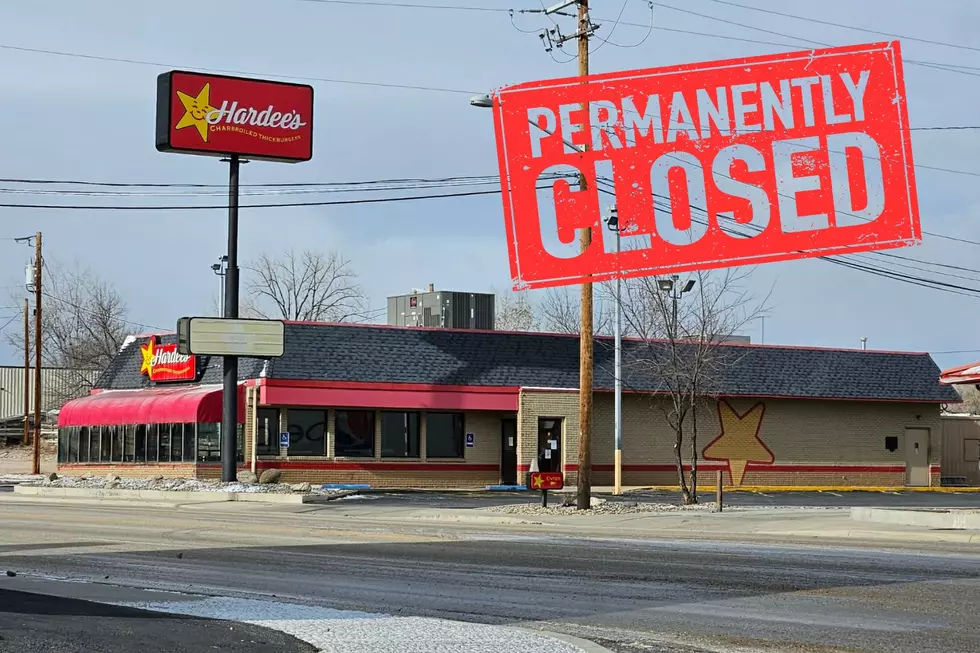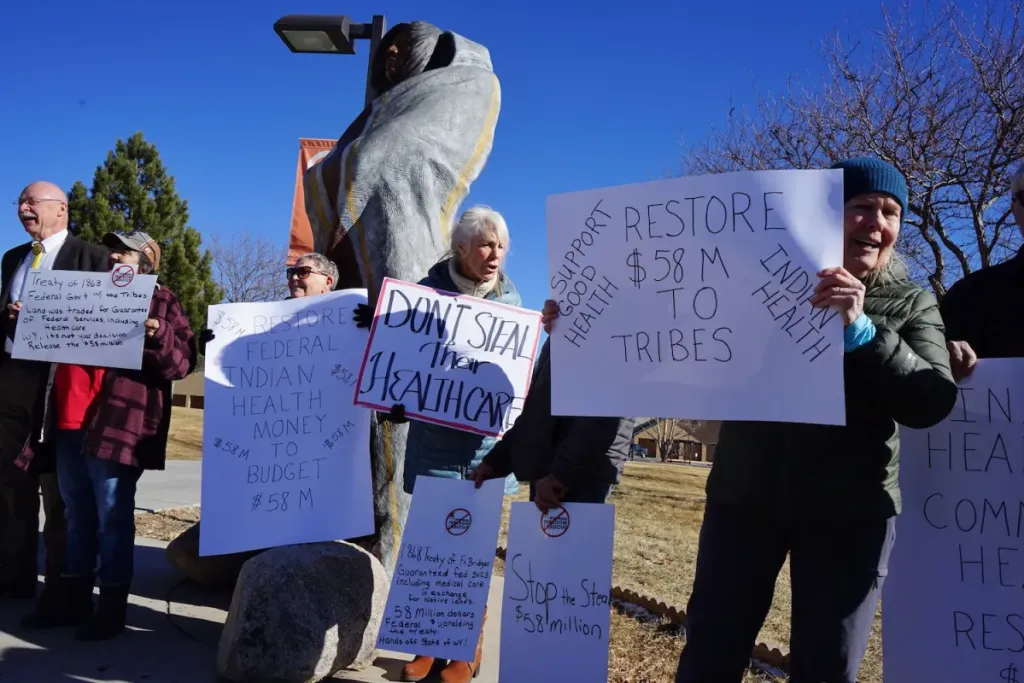Federal Reserve Governor Christopher Waller recently emphasized that the Fed should continue to focus on economic data when making decisions about interest rates, even amidst policy uncertainties.
While acknowledging that recent economic data support maintaining current rates, Waller stated that further interest rate cuts would be warranted if inflation continues to ease toward the Fed’s 2% target.
Speaking in Australia at the University of New South Wales, Waller clarified his view that the Fed’s current monetary policy is still restraining the economy. He noted that the decision to hold rates steady in January was appropriate given the recent inflation data. However, he pointed out that should the lull in inflation observed during the winter prove temporary, as it did last year, additional rate cuts would be necessary.
Waller’s remarks came in the context of the latest inflation data, which revealed a notable uptick. The consumer price index (CPI) increased by 0.5% in January, reversing the progress seen in previous months, pushing the annual CPI inflation rate back to 3%. However, Waller remains more optimistic about the Fed’s preferred inflation metric, the personal consumption expenditures (PCE) price index, which is projected to be closer to the target.
Despite the challenges posed by inflationary pressures, Waller dismissed concerns that uncertainty about economic policies, such as those introduced during the Trump administration, should prevent the Fed from acting. Waller stressed that there will always be uncertainty, and the Fed should make policy decisions based on incoming data. He cited past actions, including rate hikes in response to the Russian invasion of Ukraine and the banking crises in 2023, as examples of the Fed acting decisively despite uncertainty.
Waller’s comments contrast with those of his colleague, Federal Reserve Governor Michelle Bowman, who has emphasized caution regarding further rate cuts, especially given the persistent inflation. Bowman, who dissented in favor of a rate cut in 2023, suggested that waiting for more clarity regarding the economic landscape would provide the Fed with a better understanding of how to proceed.
Waller expressed his belief that the current data do not justify an immediate rate cut, but he reiterated that if 2025 mirrors the conditions of 2024, further easing would be appropriate. He also noted the challenge of interpreting inflation data given seasonal factors, referencing concerns about the reliability of January’s CPI figures due to potential seasonal adjustment issues.
In light of this, Waller urged the Fed to continue acting on the data, rather than waiting for economic uncertainty to subside, as doing so could lead to policy paralysis. He also downplayed the potential inflationary effects of tariffs and other policies introduced by the Trump administration, suggesting that their impact would likely be modest and non-persistent.
With input from the Wall Street Journal, Bloomberg, and Reuters.










The latest news in your social feeds
Subscribe to our social media platforms to stay tuned